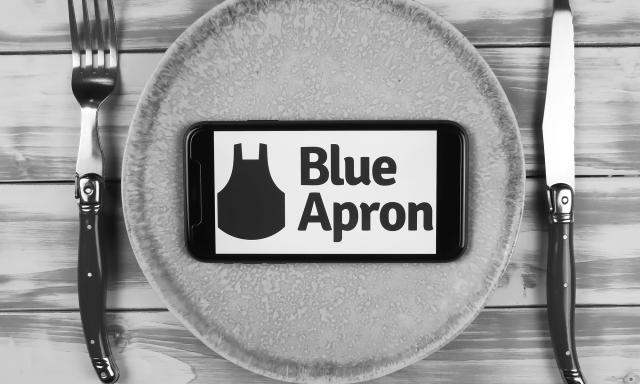
The Cost of Conviction: Consumer Response to CEO Activism
A CEO goes on record supporting gun rights, and consumers react. Some stock up on the company’s products, others boycott.
What fuels such “lifestyle politics”? Are consumers motivated by deep personal belief, or are they publicly signaling their values to an audience of like-minded peers?
External Validation or Internal Motivation
In a study of roughly 1,200 people, Darden Professor Young Hou and co-author Christopher Poliquin (UCLA) found that personal belief is enough to drive purchase decisions absent social validation.
“Personal ideology is a sufficient motive for political consumerism,” he writes.
It’s a timely finding: Not only have CEOs increasingly weighed in on controversial social and political issues, it’s likely the 2024 election cycle will inspire more executives to speak up on LGBTQ+ rights, climate change, immigration and other politically volatile issues.
“As CEOs increasingly wade into controversial social and political issues unrelated to their core businesses, there is need to understand why consumers react to CEO activism,” Hou and Poliquin write.
What One’s Willing to Take
For their study, Hou and Poliquin created a coffee brand called Bean Brigade and gave over a thousand study participants the option to win either a bag of Bean Brigade or collect a modest cash bonus (amounts ranging between $0.25 and $4).
As they weighed the choice, some participants saw a message from Bean Brigade CEO supporting gun rights, while another group received a politically neutral message. Hou and Poliquin found that participants who supported gun control — essentially disagreeing with the politics of Bean Brigade’s CEO — shied away from choosing the coffee over the monetary compensation, as compared to the group receiving the neutral message.
The participants who disagreed with the messaging were 18 percentage points less likely to choose the coffee.
The choice seemed to be a principled one. Although each study participant had a “study partner” they’d asked to join — a trusted friend, spouse, co-worker, etc. — participants’ decisions were not dependent on whether the choices would be revealed to their study partners.
The choice was not about signaling values to others, but privately upholding them.
What One’s Willing to Give
The experiment also quantified how much CEO activism affected a customer’s willingness to pay for a product.
Those who politically disagreed with the Bean Brigade CEO’s gun rights messaging needed to be offered a lower price — 75 cents on the dollar — to choose Bean Brigade over a different coffee with no political messaging.
Conversely, people who applauded the Bean Brigade CEO’s statement would need an even larger price reduction — of about 83 cents on the dollar — to move them away from their Bean Brigade support, instead choosing a neutral option.
When it comes to change, agreeing or disagreeing with a brand comes with different price tags.
“These results underscore the importance of ideology compared to public signaling of values,” Hou says. “If it’s more for public show, corporations may find it sufficient to invest in marketing to change their image and brand association. But if it’s ideology, that’s a deeper response and reversing the consequences of CEO activism may require pronounced changes in business practices,” if you’ve made a misstep in consumers’ eyes.
Should CEOs speak up?
A 2024 Edelman poll found that, globally, business is trusted more than government by double-digit margins and that business’ reputation has been improving since the pandemic.
And 8 in 10 respondents said they would like CEOs to speak up on social issues.
However, unlike politicians who have a party affiliation or are elected to serve a specific region, corporate CEOs serve broader audiences. Whenever a CEO takes a social position that has little to do with their core business, they risk alienating a swath of their customer base.
In earlier research, Hou and Poliquin demonstrated via cellphone data that visits to Walmart stores declined 5 percent in the most conservative Republican counties after Walmart CEO Doug McMillon publicly supported gun control measures.
And while a short-lived “punishment” emerged among conservatives, they did not find a buying “bonus” from liberal consumers who presumably supported McMillon’s endorsement of background checks for gun purchases.
However, the research did not factor in other potential benefits of McMillon’s position, such as employee support and motivation.
“CEOs have power when it comes to consumers, but they must be coached about the risk of speaking out on these issues,” Hou says. “Every time you take a position that’s controversial, you risk alienating one side or the other. And the bigger you are, the bigger the liability.”
Darden Professor Young Hou authored “Political Consumerism: Ideology or Signaling?” with Christopher Poliquin of UCLA.














